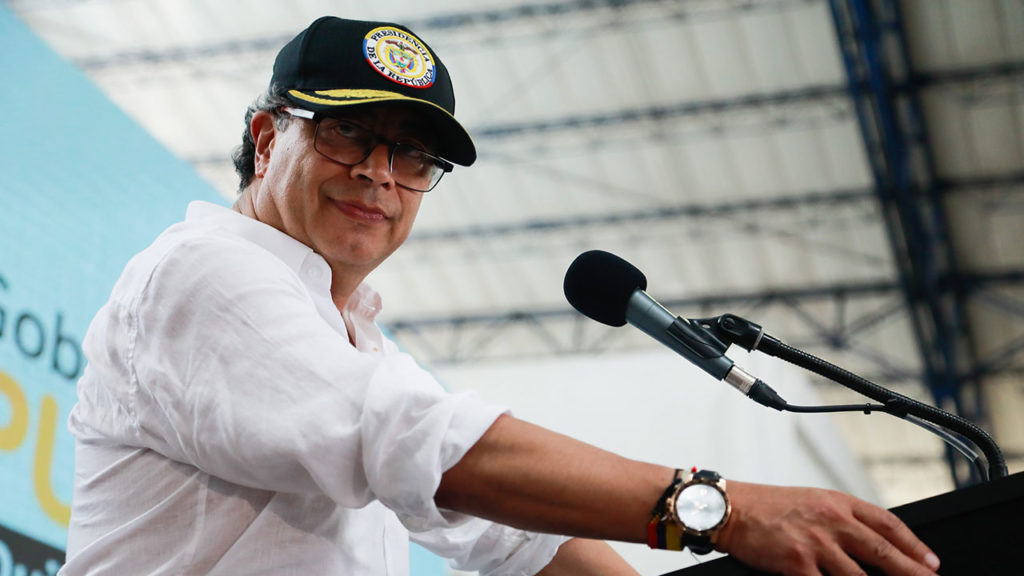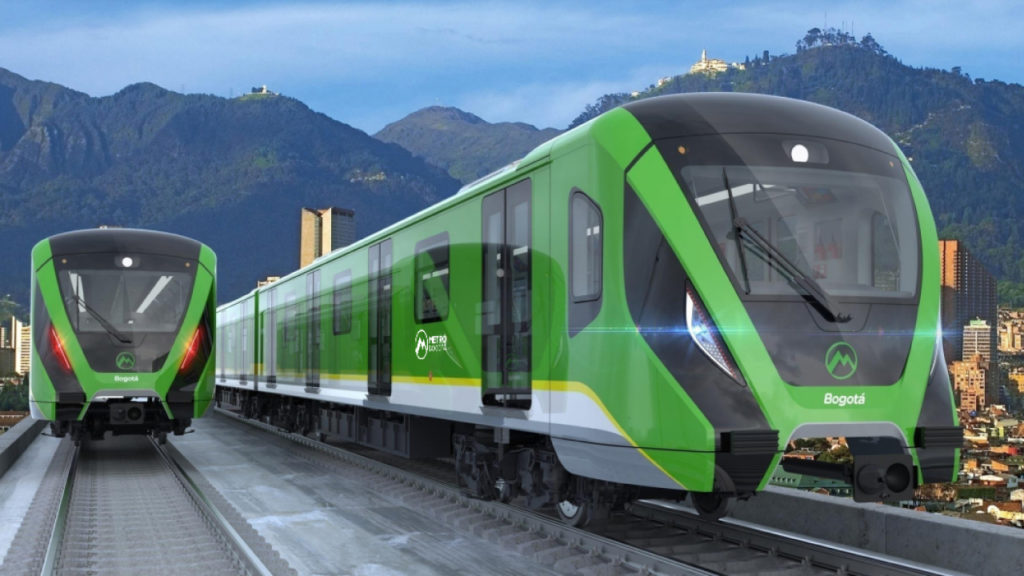
There is controversy in Colombia over a decree authorizing President Gustavo Petro to decide on the investment budget. The Ministry of Finance published a draft of the text that would empower the president to give the final approval to the country’s investment projects, something that, according to experts, should be the remit of Congress.
These powers are unprecedented in the country’s history. The text of the bill specifies that, for investment projects, government entities that are part of the National Budget and operate under the executive branch of public power at the national level must, prior to the go-ahead of the National Planning Department (DNP), request presidential confirmation in three key situations: authorizations of future vigencias futuras, their reprogramming, and budget transfers.
“Superpowers” for the president
The law would confer superpowers to the president of the country, who will have the last word in investment matters. This implies a centralization of decision-making never before seen in Colombia’s political history.
The implementation of the proposed decree would consolidate decisive power in the hands of the president, promising to improve the efficiency and transparency of government by facilitating the swift approval and adjustment of crucial projects for the country. However, it raises questions about the separation of powers and governmental financial decentralization. Centralization of decisions could boost administrative efficiency by concentrating authority, but it could also raise concerns about excessive concentration of power and lack of an institutional counterweight.
Optimizing public management is key to national progress, but must be balanced with safeguarding democratic principles and accountability. The debate over this decree reflects fundamental tensions between administrative efficiency and the protection of a country’s democratic and constitutional foundations.
Evidently, this draft decree has already raised all kinds of criticism and disqualifications from the political opposition, which censures the president’s accumulation of power and the alleged usurpation of the legislature’s functions.
Solution to budgetary formal defects
The measure was taken to address the controversy over the allocation of 13 trillion Colombian pesos in the 2024 budget. Academic and business sectors have criticized the administrative flaws that compromise the achievement of major investments in the country.
Thus, for example, this formal defect in the budget has left major infrastructure investments on hold. These include the railroad known as Regiotram de Occidente in Bogota, phases 2 and 3 of the TransMilenio mass transit system in the capital, which will operate in the neighboring town of Soacha, the Route of the Sun 3 highway, the Toyo Tunnel with its access roads and the first line of the Bogota Metro.
Similarly, the draft decree also states that “the regulation of public services is the responsibility of the President of the Republic, who may exercise this function directly, as stipulated in Article 68 of the present law, or delegate it to the regulatory commissions, in accordance with the provisions of Article 211 of the Political Constitution”. The president already attempted to appropriate this function last year, by means of another decree that was finally annulled by the courts.
The project allows the president to decide on investments in several ministries, such as Housing, City and Territory; Mines and Energy; Information and Communications Technologies; Environment and Sustainable Development.

See all the latest news from Colombia and the world at ColombiaOne.com. Contact our newsroom to report an update or send your story, photos and videos. Follow Colombia One on Google News, Facebook, Instagram, and subscribe here to our newsletter.

